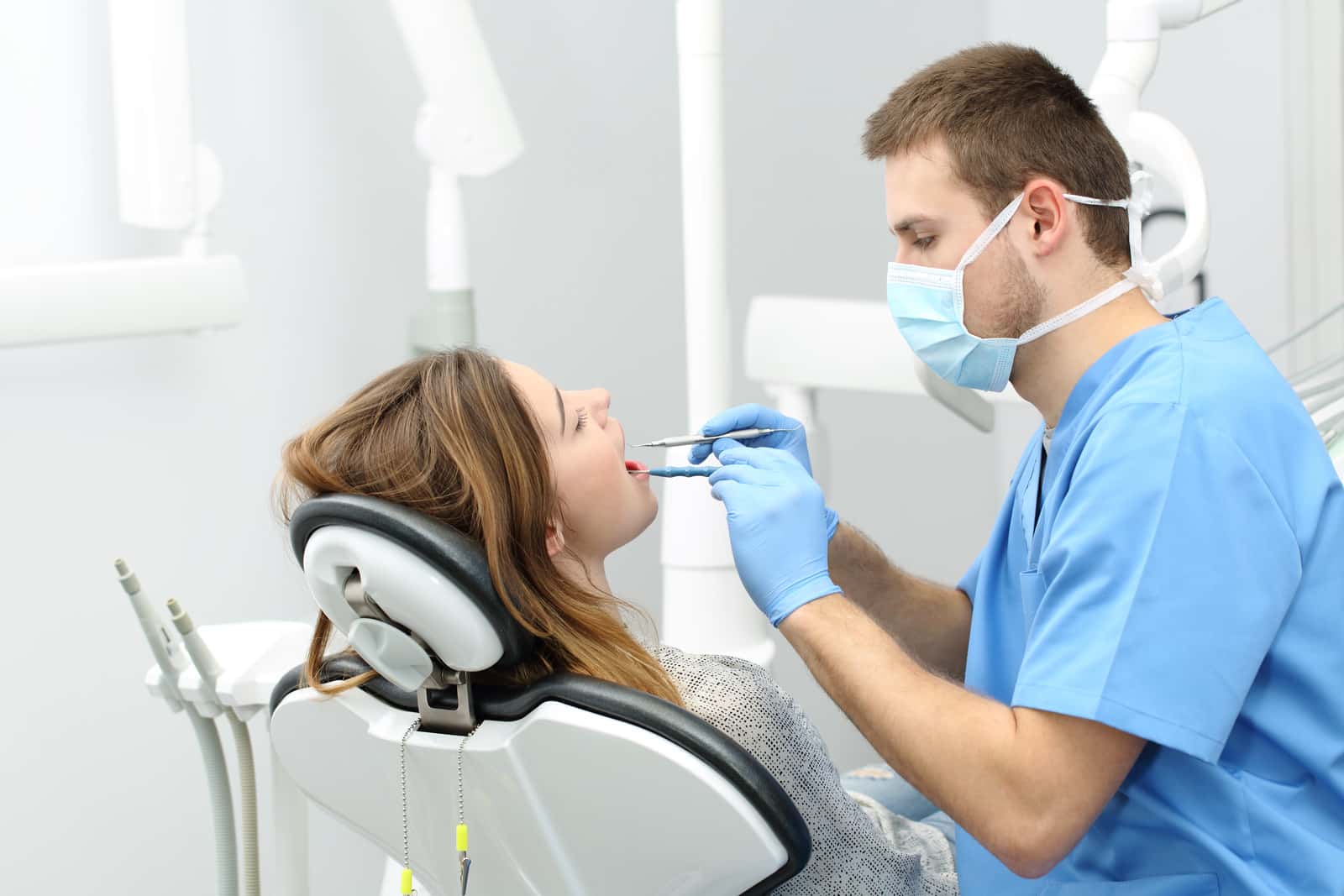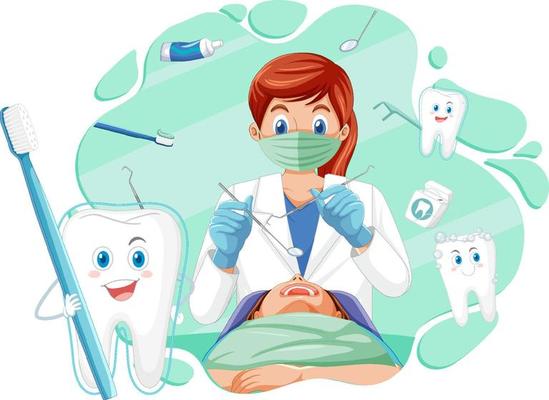Learn About Regular Dental Issues Your Dentist Can Solve
Recognizing frequent oral problems is vital for keeping ideal oral health and wellness. Concerns such as dental caries, gum tissue illness, tooth sensitivity, halitosis, and tooth degeneration are common yet often ignored till they come to be extreme. Dental practitioners have the know-how to identify and treat these problems, thus stopping further complications. Routine oral check outs and customized treatment plans can resolve these issues successfully, guaranteeing a healthier and brighter smile. What details therapies do dental professionals use to deal with these concerns, and how can early intervention make a distinction? The solutions to these questions offer important understandings into guarding your oral health.
Dental Caries
Tooth cavities, also known as cavities, are a prevalent dental health problem created by the demineralization of tooth enamel because of acid manufacturing from bacterial plaque. This procedure begins when bacteria in the mouth metabolize sugars and starches from food, creating acids that wear down the enamel. Otherwise addressed without delay, this erosion can permeate much deeper into the tooth, affecting the dentin and eventually the pulp, possibly bring about serious pain and infection.
The onset of tooth cavity development frequently existing as white places on the tooth surface area, indicating initial demineralization. As the process progresses, these areas can turn into black or brown lesions, indicating much more considerable decay. Routine oral check-ups are vital for very early detection, as tooth cavities in their incipient stages can be treated with remineralization techniques, such as fluoride therapies.
Dental practitioners generally eliminate the corroded section of the tooth and load the cavity with materials such as composite resin, amalgam, or ceramic. Preventive steps, including great oral health techniques and nutritional modifications, play a critical function in alleviating the danger of tooth cavities.
Gum Tissue Disease
While cavities represent a considerable problem for oral health, another crucial problem that requires focus is gum tissue illness. Known as gum illness, gum condition is an inflammatory problem impacting the tissues bordering and supporting the teeth. It is largely brought on by the build-up of plaque-- a sticky movie of bacteria that bases on teeth.
Periodontal condition advances via phases, beginning with gingivitis, identified by inflammation, swelling, and hemorrhaging periodontals (dentist eugene oregon). If left unattended, gingivitis can intensify to periodontitis, where the internal layer of the periodontal and bone pull away from the teeth, developing pockets that become contaminated. In time, the toxins created by the bacteria damage down the bone and connective tissue that hold teeth in area, potentially leading to missing teeth
Early discovery and treatment are important. Professional oral cleanings and boosted oral hygiene techniques, such as brushing two times day-to-day and flossing, can handle gingivitis. For advanced phases, therapies might include scaling and root planing, prescription antibiotics, or perhaps surgical interventions.
Normal dental examinations play a crucial role in handling and protecting against gum illness. Dental professionals can identify early signs and suggest ideal interventions, ensuring the upkeep of healthy periodontals and general oral health and wellness.
Tooth Sensitivity
Tooth sensitivity impacts millions of individuals worldwide, presenting an usual yet usually stressful dental problem. This problem emerges when the enamel, the outer safety layer of the teeth, is compromised, disclosing the underlying dentin. The dentin contains microscopic tubules that lead directly to the dental pulp, where nerves reside. When exposed to stimuli such as hot, cold, sweet, or acidic substances, these nerves are triggered, causing sharp discomfort or pain.
A number of elements contribute to enamel erosion and subsequent tooth sensitivity, consisting of hostile cleaning, acidic foods and drinks, periodontal economic crisis, and bruxism (teeth grinding) In addition, oral procedures such as teeth whitening can temporarily increase sensitivity.
Foul Breath
Another common oral concern that influences people' day-to-day lives is negative breath, clinically labelled bad breath. Halitosis typically originates from inadequate dental health, which permits food particles to remain in the mouth, fostering bacterial growth.

Referrals might include enhancing oral health techniques, such as routine brushing and flossing, using antibacterial mouth washes, staying moisturized, and resolving any type of oral concerns. Effective management of bad breath not only enhances oral wellness yet likewise substantially boosts quality of life.
Dental Cavity

Stopping dental caries involves a combination of excellent dental hygiene practices and routine oral exams. Brushing teeth at the very least twice daily with fluoride toothpaste, flossing to eliminate plaque in between teeth, and restricting the intake of sweet foods and beverages are essential preventive steps. Fluoride treatments, dental sealants, and specialist cleansings supplied by a dental professional can additionally play a significant role in fortifying enamel and stopping decay.
Dental practitioners can eliminate decayed tissue and restore the tooth with fillings made from materials such as composite resin, amalgam, or porcelain. By resolving tooth degeneration quickly, dental experts help protect oral structure and function, making sure long-lasting oral wellness.
Final Thought
Dealing with common dental concerns such as dental caries, periodontal condition, tooth level of sensitivity, foul-smelling breath, and tooth degeneration is critical for preserving More hints optimal oral health and general well-being. Dental practitioners possess the competence to diagnose and deal with these concerns efficiently, making certain customized look after each individual. Regular preventative measures and dental examinations are essential in determining and taking care of these concerns early, promoting a much healthier and much more certain smile over a lifetime.

Tooth decay, additionally understood as dental decays, happens when the enamel, the outermost layer of the tooth, is deteriorated by acids created by bacteria in the mouth. Cleaning teeth at least two times daily with fluoride tooth paste, flossing to remove plaque in between teeth, and limiting the consumption of sugary foods try this out and beverages are necessary precautionary measures.Resolving typical oral worries such as tooth cavities, gum tissue illness, tooth sensitivity, negative breath, and tooth degeneration is important for maintaining optimum dental health and general well-being.